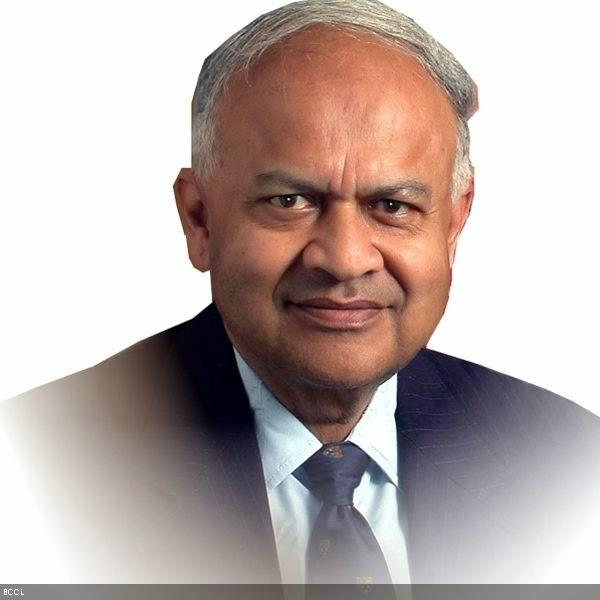
Dr. Jayant Vishnu Narlikar (July 1938–May 2025) was a towering figure in Indian science, best known for his pioneering contributions to cosmology and for advocating an alternative to the widely accepted Big Bang theory.
“PhD scholars don’t fall from the sky, you must catch them young.”
|
Award |
Year |
Details |
|
Padma Bhushan |
1965 |
Awarded at just 26 years old |
|
UNESCO Kalinga Prize |
1996 |
For science popularisation |
|
Padma Vibhushan |
2004 |
India’s second-highest civilian honour |
|
Prix Jules Janssen |
2004 |
From the French Astronomical Society |
|
Maharashtra Bhushan |
2011 |
The highest civilian award by the Maharashtra Government. |
|
Sahitya Akademi Award |
2014 |
For his Marathi autobiography |
Jayant Narlikar’s life exemplifies the spirit of scientific inquiry, intellectual courage, and public service. His challenge to mainstream cosmology, dedication to education, and efforts against superstition remain enduring legacies. As India advances its space and scientific missions, Narlikar’s vision and pioneering spirit continue to inspire generations.


